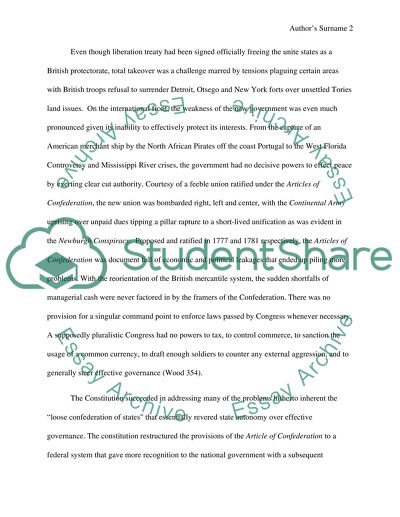Cite this document
(“History Essay Example | Topics and Well Written Essays - 750 words - 5”, n.d.)
Retrieved from https://studentshare.org/english/1464488-history
Retrieved from https://studentshare.org/english/1464488-history
(History Essay Example | Topics and Well Written Essays - 750 Words - 5)
https://studentshare.org/english/1464488-history.
https://studentshare.org/english/1464488-history.
“History Essay Example | Topics and Well Written Essays - 750 Words - 5”, n.d. https://studentshare.org/english/1464488-history.


